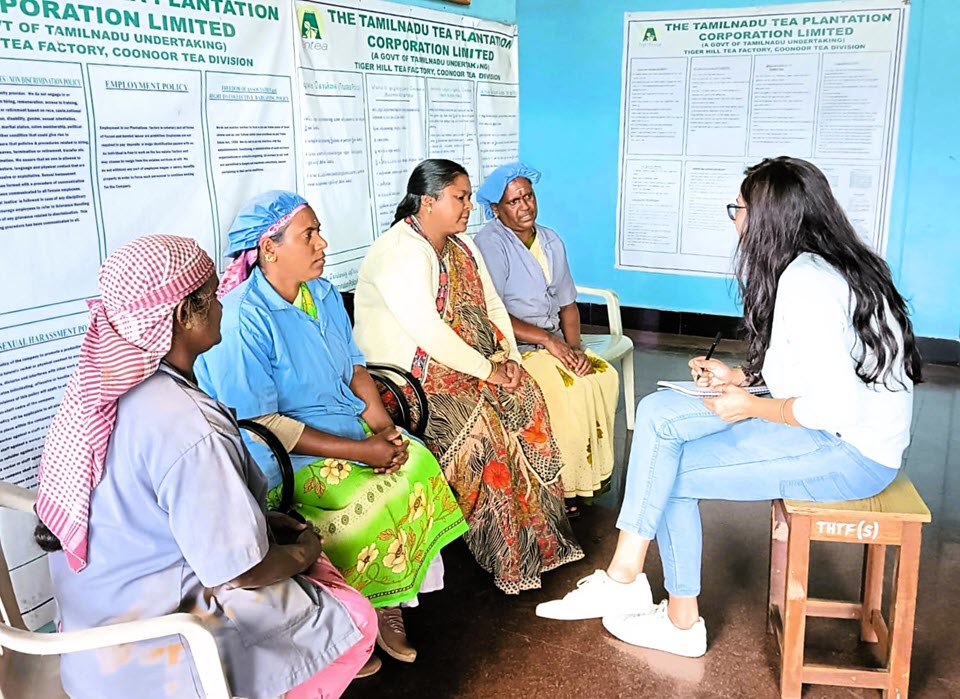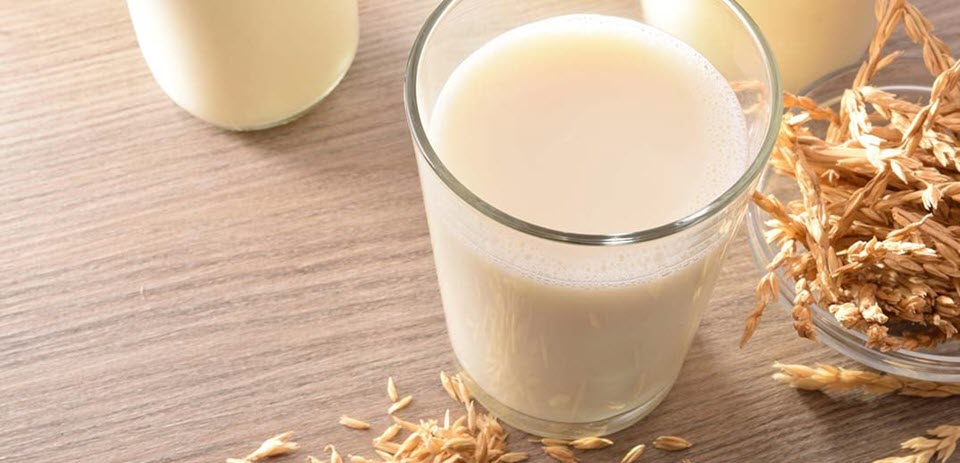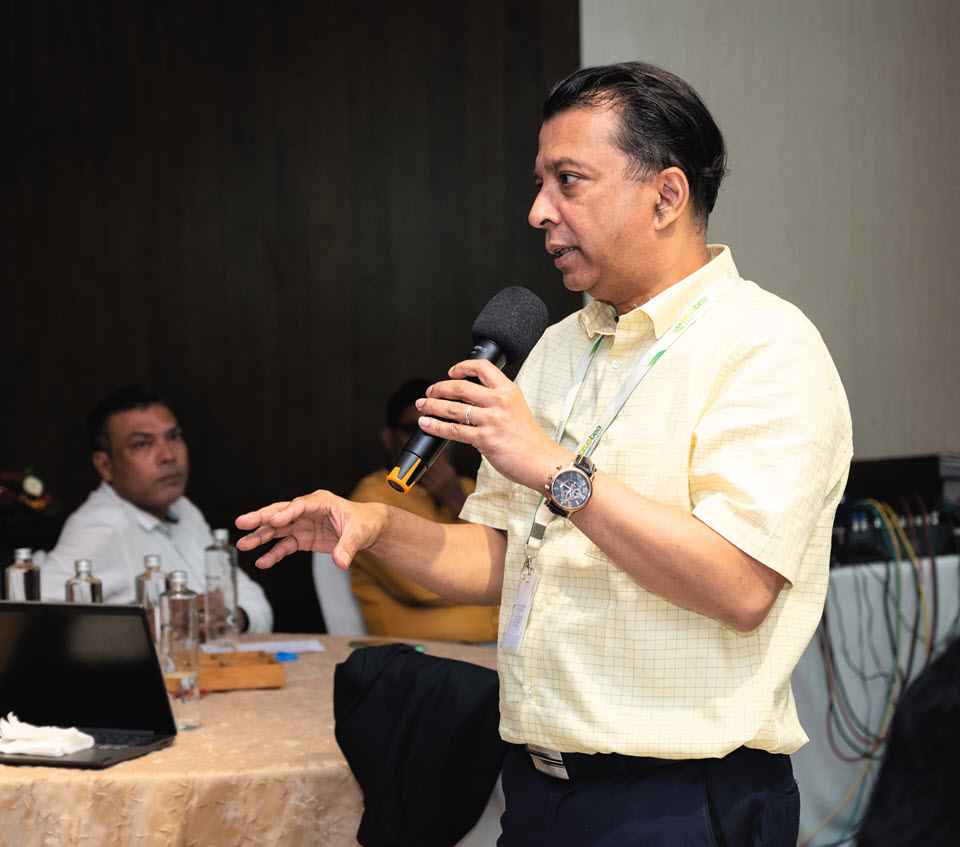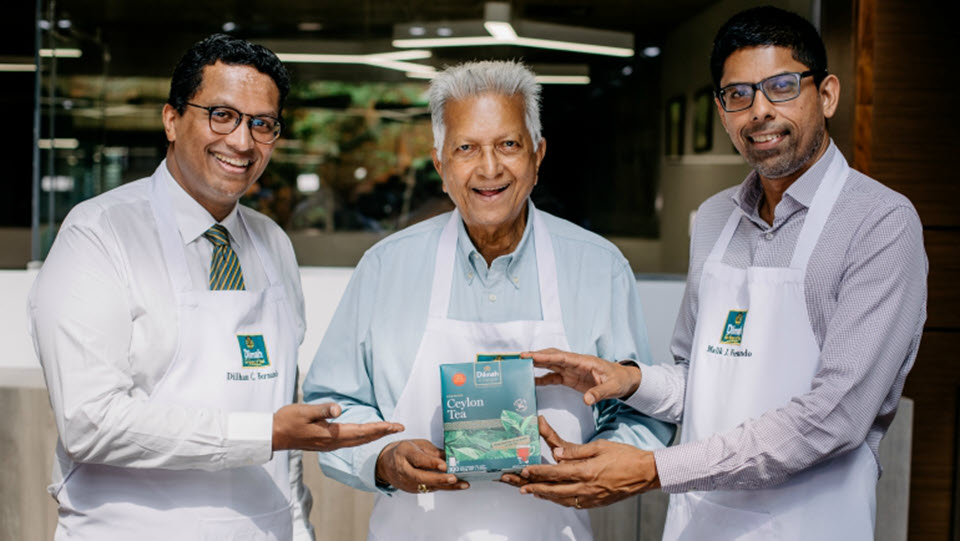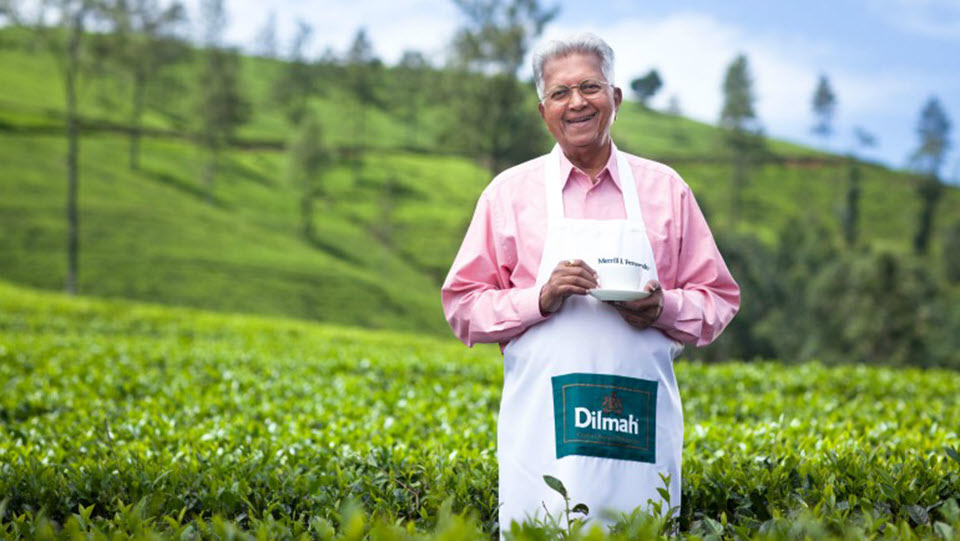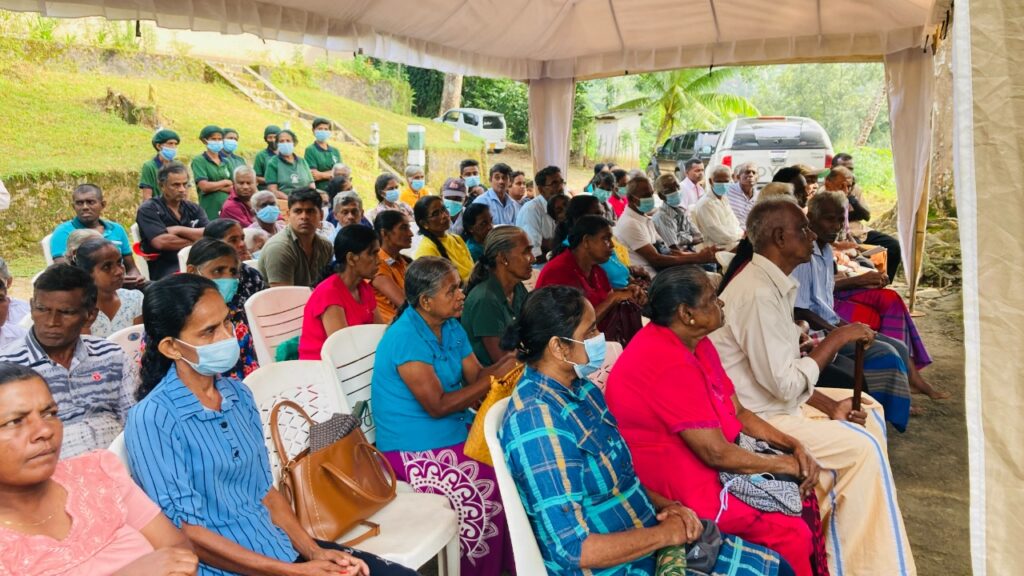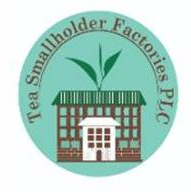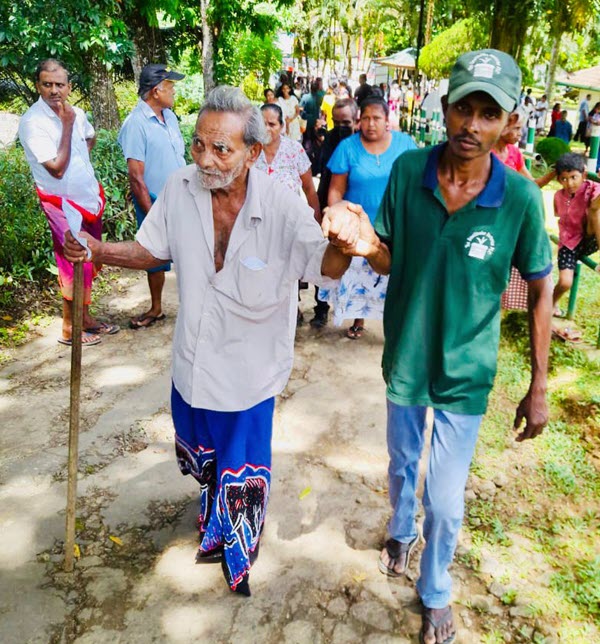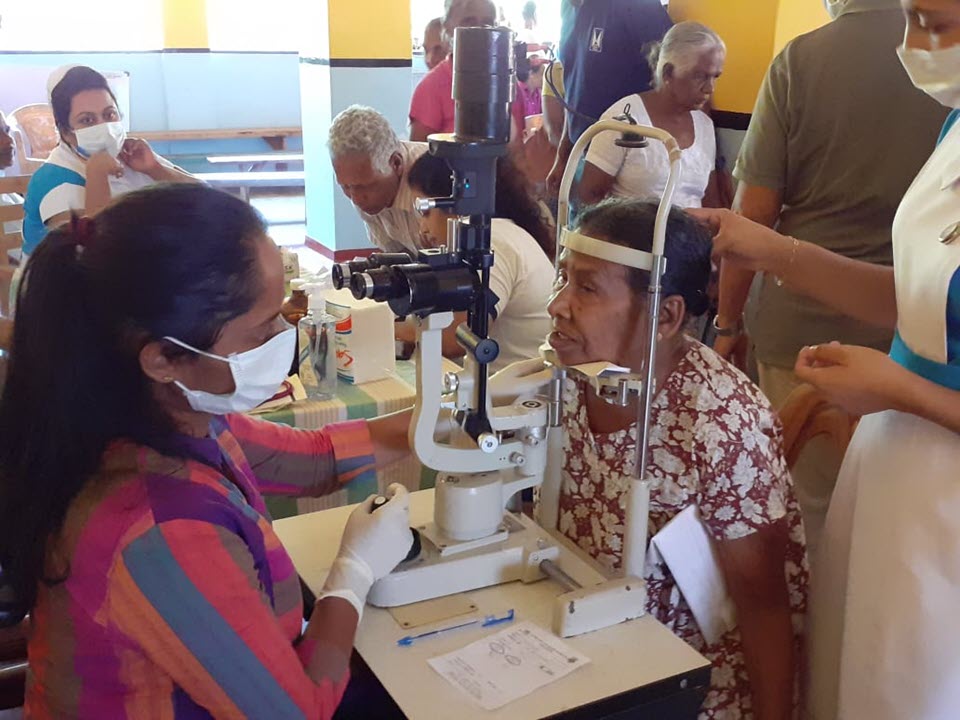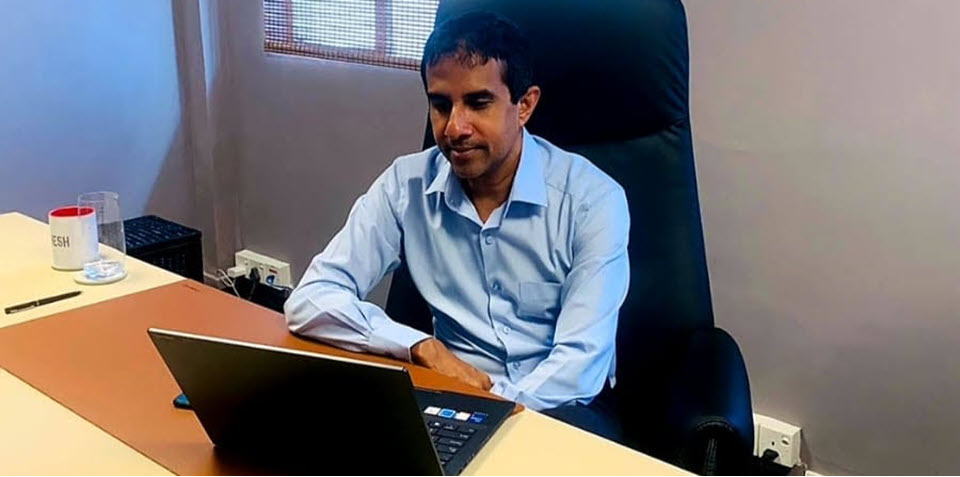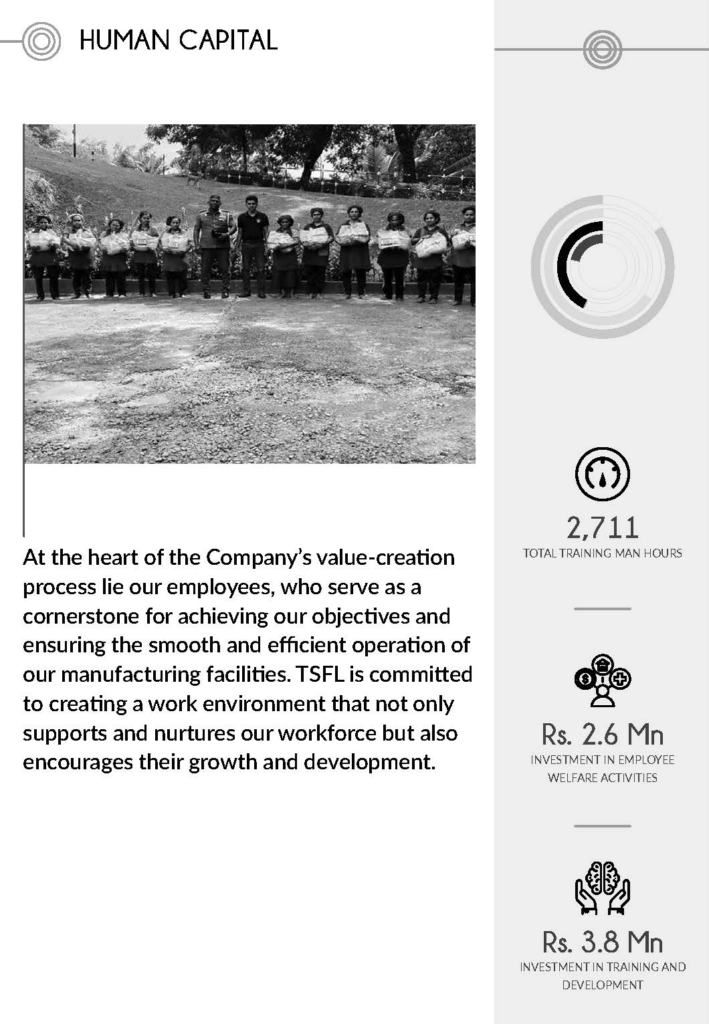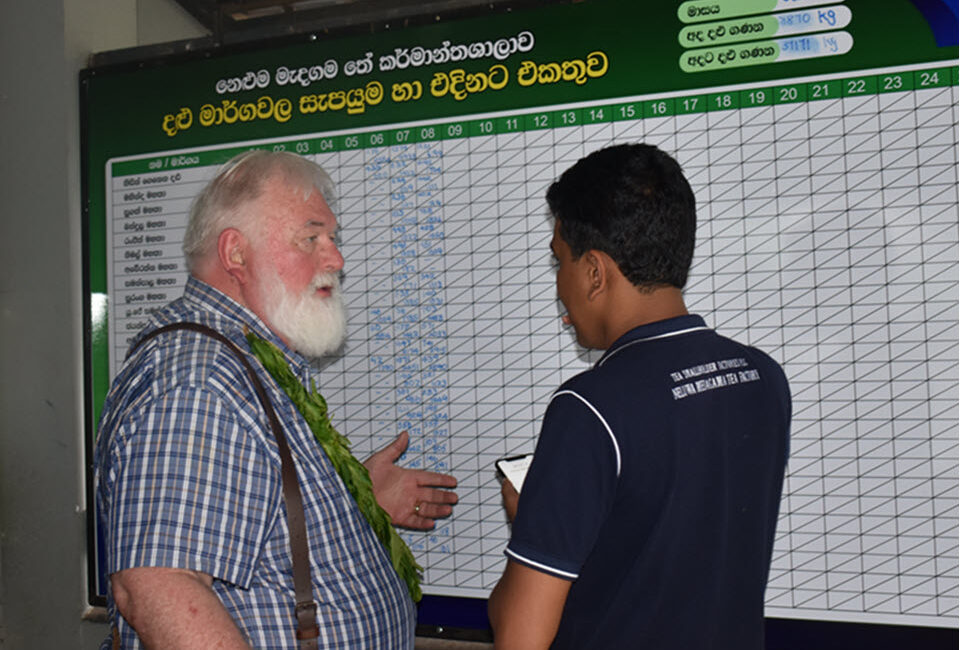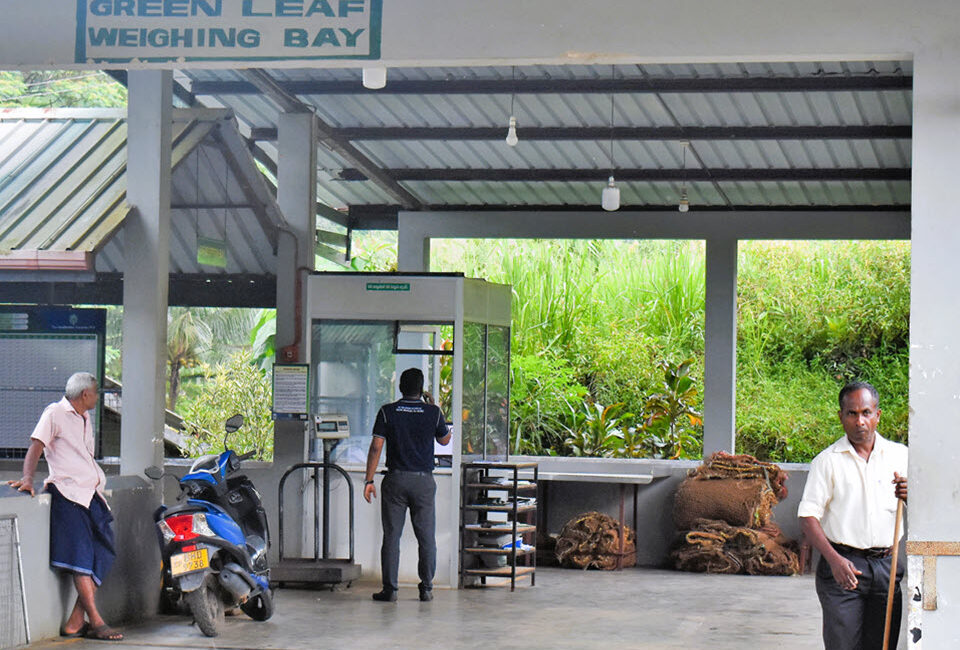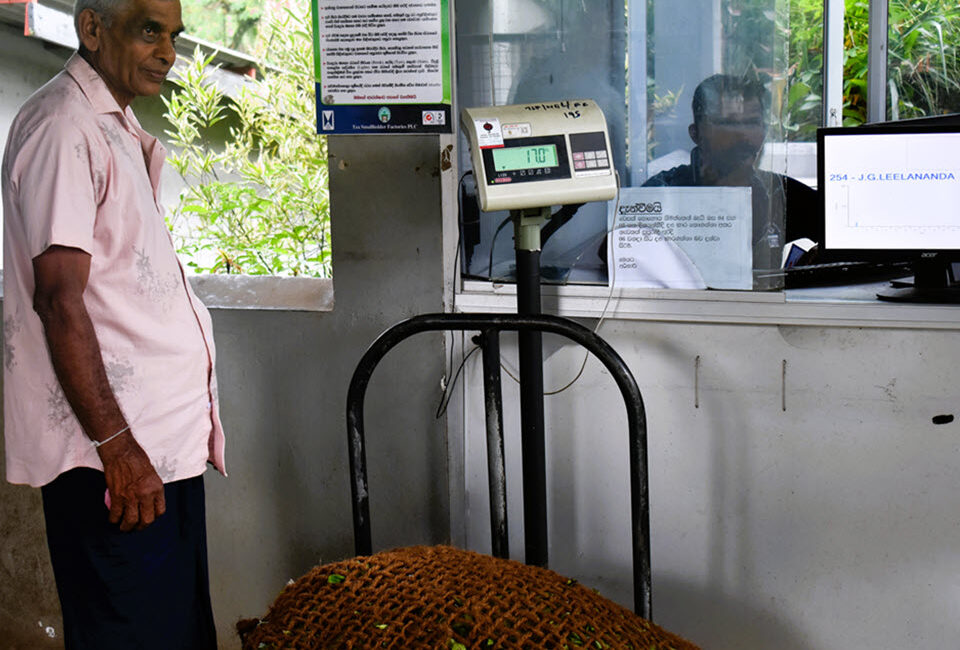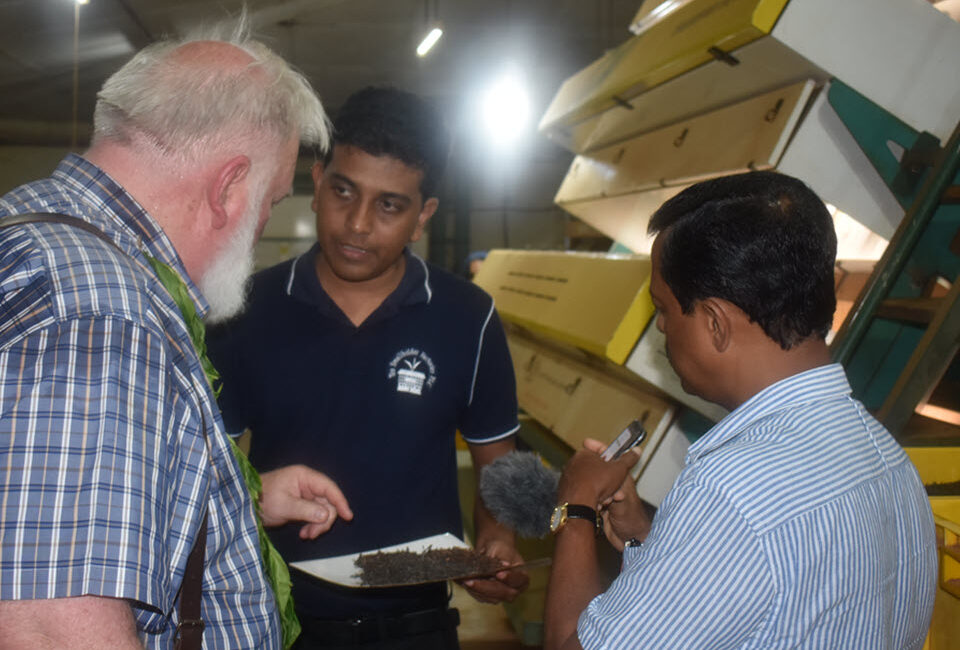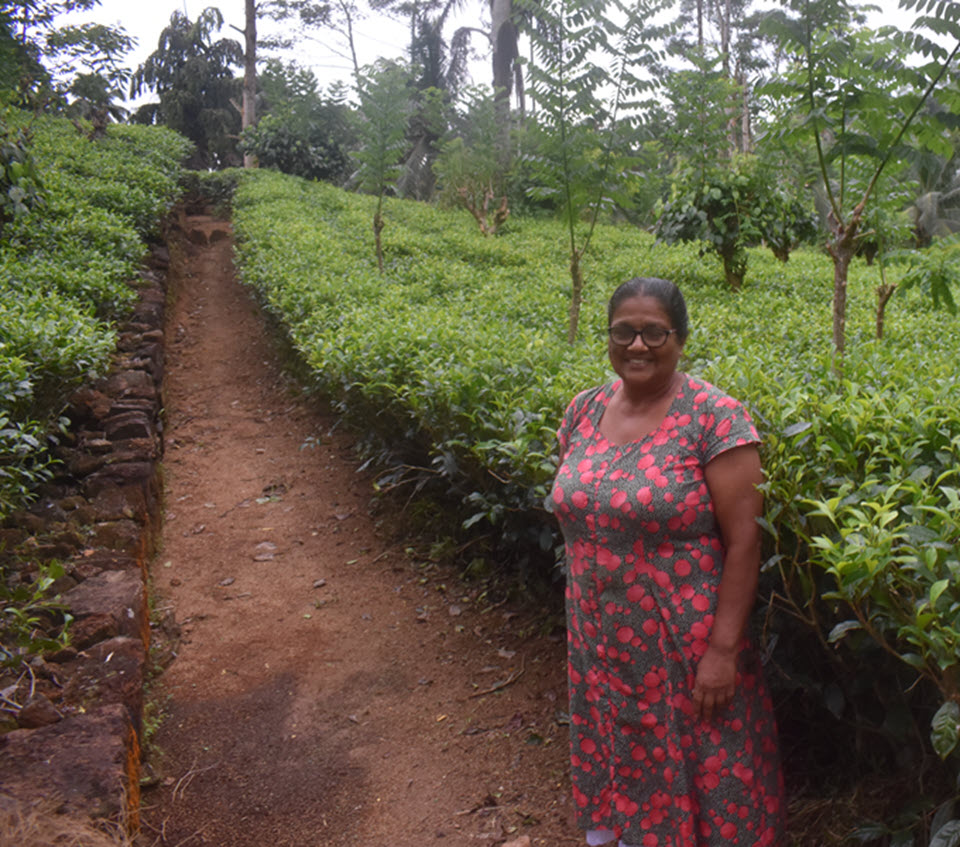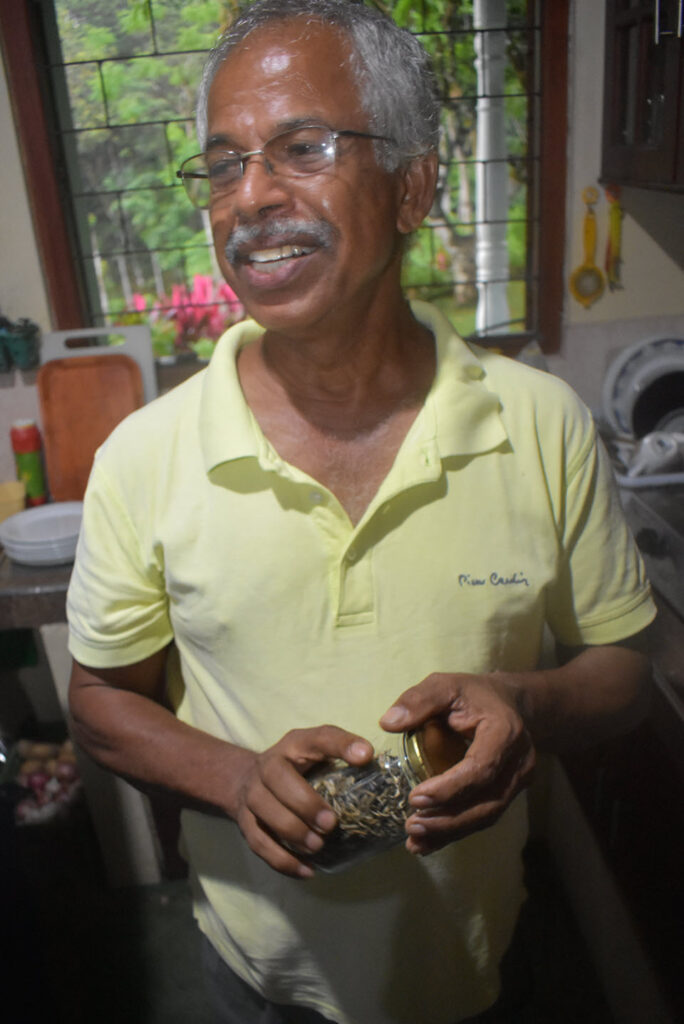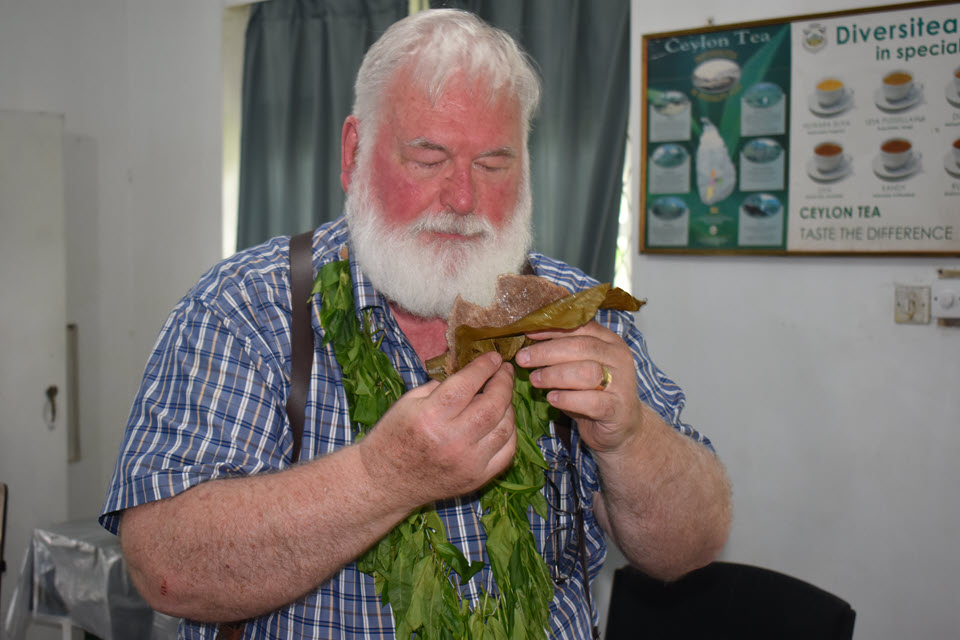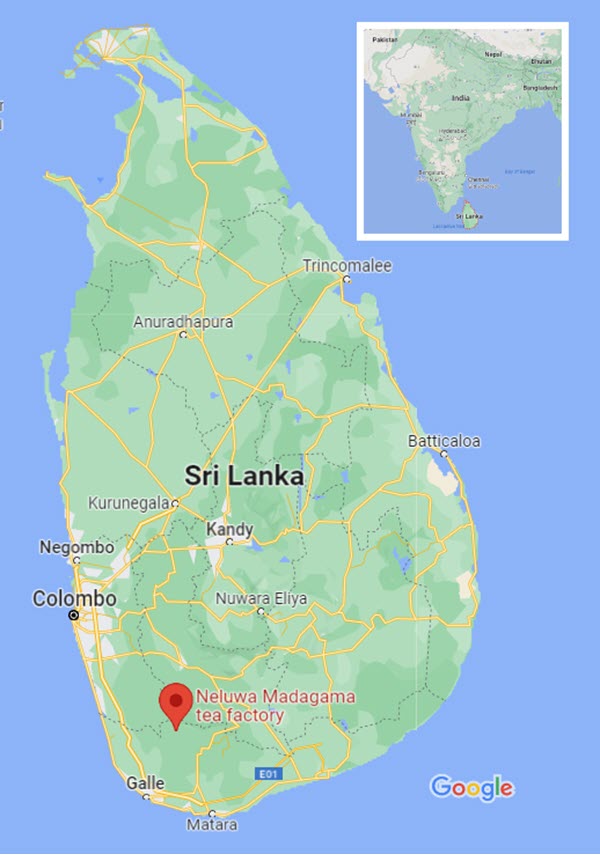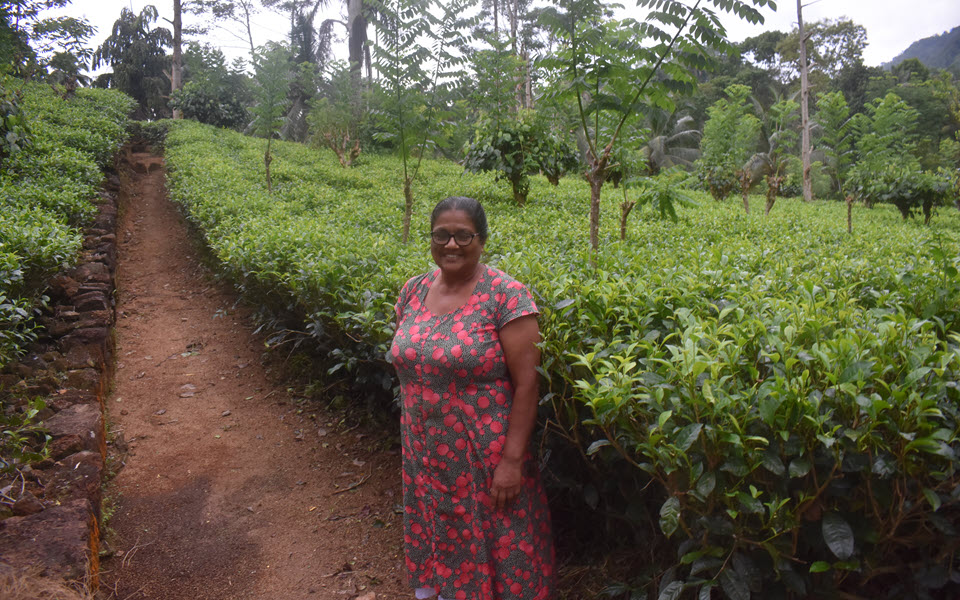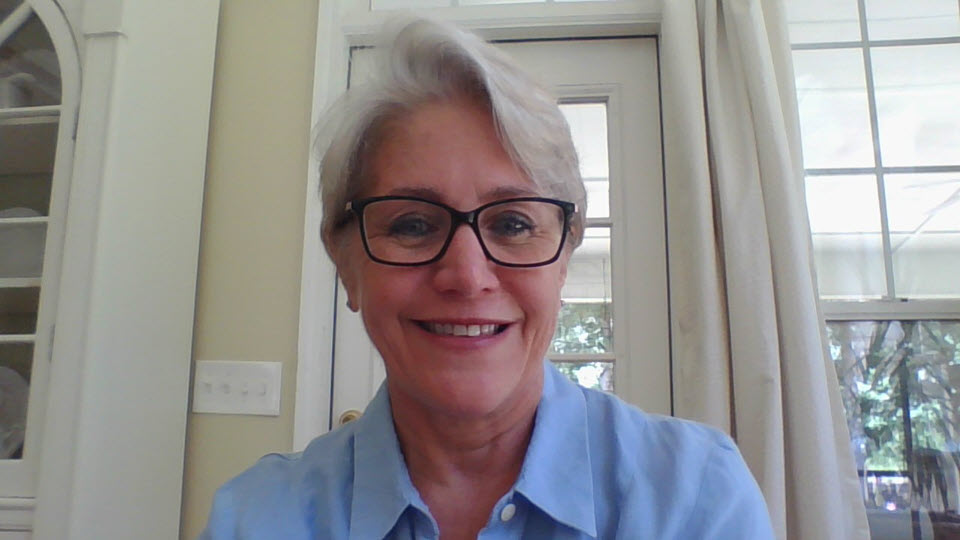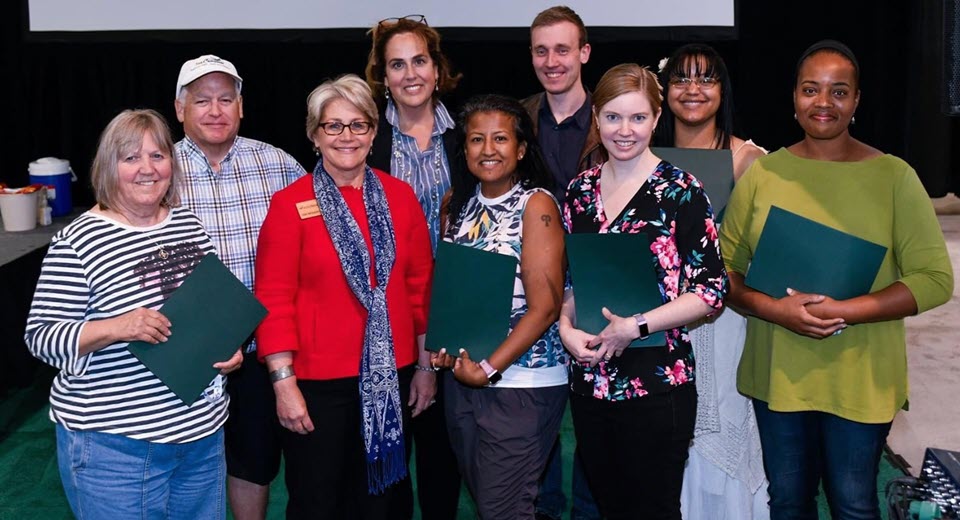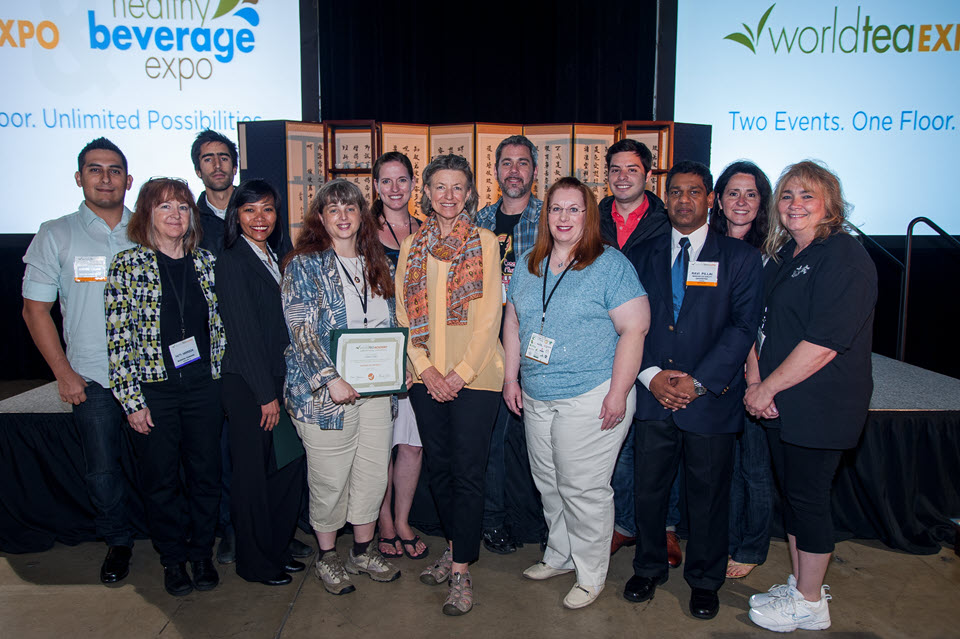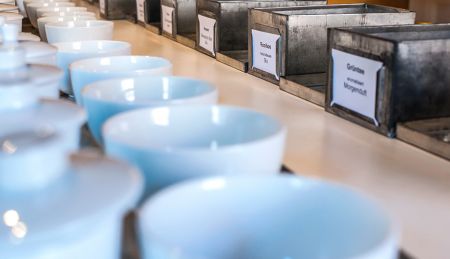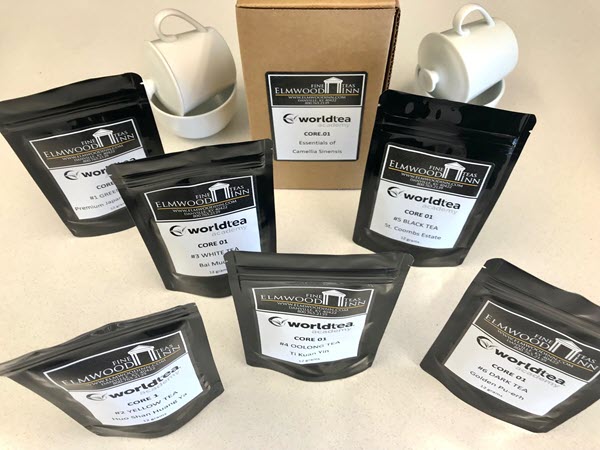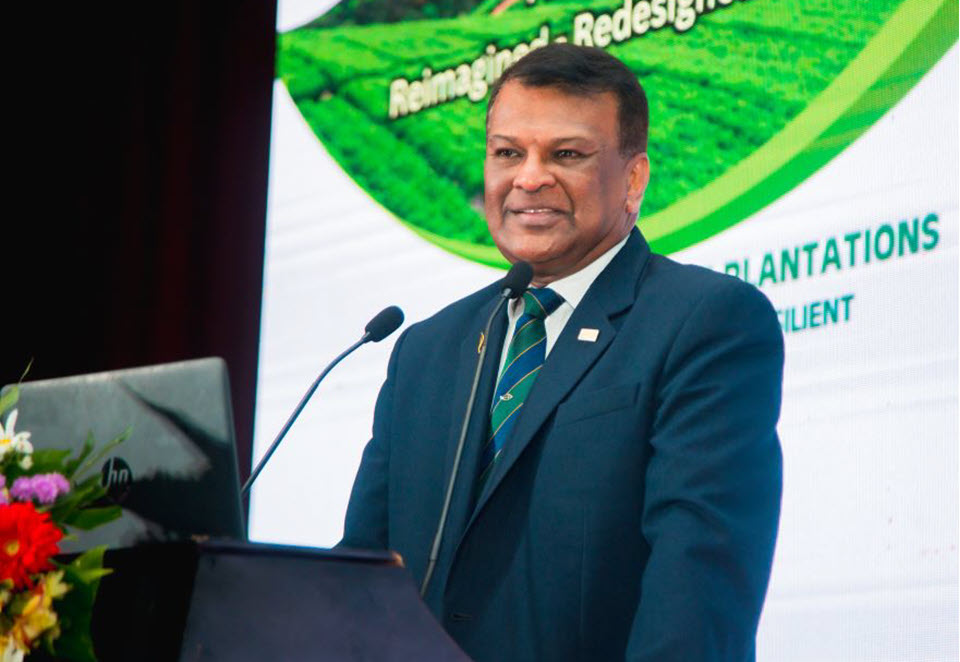
Listen to Episode 128
Tea News for the week ending Aug 4
| Sustainable Practices are Correlated to Brand Loyalty
| JDE Peet’s Will Halt Sales of its Best-Known Tea Brands in Russia
| The UN Global Peace Council Honors WomenServe Founder Nioma Narissa Sadler
Hear the Headlines
PLUS
The recently concluded International Plantations Sustainability Summit hosted by The World of Hayleys in Colombo, Sri Lanka, last week encouraged tea professionals to visualize “Reimagined | Redesigned | Resilient” large-scale tea plantations in Sri Lanka and beyond. Forum attendees, at the invitation of Hayleys Plantations Managing Director, Dr. Roshan Rajadurai, forged new pathways for collaboration and integration of Sustainable Development Goals into modern plantation strategies.
Listen to the Interview
Forum Offers Long-term Solutions for Tea Plantations
By Rasika Galhena | PMD Tea
Anuruddha Gamage, the General Manager of Human Relations & Corporate Sustainability at Kelani Valley Plantations, spent the past two years identifying ways to integrate the BIO (Biosphere), GEO (Geosphere), SOCIO (Social), and ECONO (Economy) elements of sustainable tea. Participants, drawn from government, academia, NGOs, and research institutes, met in pre-summit workshops to identify the unique, sustainable factors that define the long-term solutions for current challenges. He reports that climate change was top of mind.
As the architect of the summit, Hayleys Plantations Managing Director Dr. Roshan Rajadurai seized what he called “a unique opportunity to bring together stakeholders to share best practices and drive long-term change.”
Sustainable Practices are Correlated to Brand Loyalty
Sustainable practices and ethical sourcing top the list of consumer trends. According to Market Research, health, and wellness rank third among the top five.*
As environmental concerns continue to gain prominence, consumers are becoming more conscious of their impact on the planet. This shift in consumer behavior has led to a rise in the demand for sustainable and eco-friendly products. According to market research firm GlobalData’s report titled: IImpact of Ethics and Sustainability on Brand Loyalty – Consumer Survey Insights, a wide array of forward-thinking consumer goods companies are implementing sustainable practices and adopting ethical sourcing strategies.
“There is a correlation between consumers’ level of brand loyalty and a brand’s commitment to ethical and sustainability matters,” the report’s authors explain.
“However, inflationary pressures and the rising cost of living may weaken brand loyalty as consumers are further incentivized to switch to cheaper alternatives,” reads the report. The influence of ethics and sustainability on brand loyalty have age gaps, decreasing in mature age groups. Younger consumers are more likely to exert brand loyalty to products and services that are ethical and sustainable.
“Higher incomes are more able to pursue loyalty,” but for brands that support social and human rights matters, “brand loyalty does not seem to be income-level dependent.”
Products such as tea that cater to individual well-being and address specific health concerns also contribute to brand loyalty. According to GlobalData, “In recent years, health and wellness have become paramount for consumers seeking to lead a balanced lifestyle.”
The importance of wellness impacts a broad range of product categories, including beauty, pet products, food and beverage, and household care, writes GlobalData.
The report’s authors suggest brands adopt sustainability and ethics sourcing to generate brand loyalty amongst consumers.
- Consumers are more loyal to brands that support green and environmental matters than those that support social and human rights matters.
- Leading brands in all categories support sustainability and ethics to generate consumer brand loyalty.
- Younger consumers are more likely to exert brand loyalty to products and services that are ethical and sustainable.
- During the cost-of-living crisis, there is an ongoing battle with consumers staying loyal to brands or switching to cheaper alternatives.
BIZ INSIGHT – The top five consumer trends are Sustainable Practices and Ethical Sourcing, Digital Transformation, and e-Commerce Dominance, the Health and Wellness Revolution, No. 4 is personalization and customization, and No. 5: the rise of Influencer Marketing.
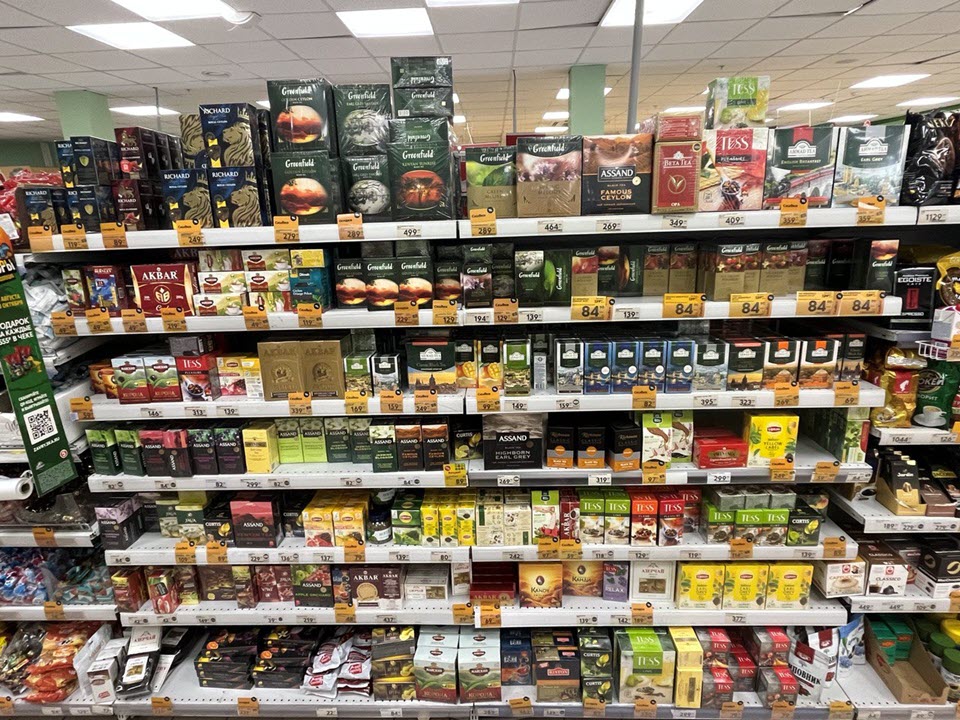
JDE Peet’s Will Halt Sales of its Global Tea Brands in Russia
Netherlands-based JDE Peet’s, a maker of 50 popular tea and coffee brands, will market only local brands in Russia after the first of the year, according to Reuters.
During a July earnings call, JDE CEO Fabien Simon explained to investors that if the company abandoned its business operations, “we would risk our assets and our intellectual properties would be nationalized by the Russian state or given to third parties in Russia.”
Reuters writes that analysts consider transitioning to local-only brands a logical move. “They don’t want to damage their international brand portfolio profile,” writes Barclays.
The sale of coffee and tea, considered essential foods, fully complies with sanctions.
The company has an ethical responsibility to its employees worldwide, including in Russia, where it employs more than 900 workers at Saint Petersburg and Novosibirsk manufacturing facilities.
JDE Peet’s best-known brands include Pickwick Tea, Mighty Leaf Tea, Peet’s Coffee, L’Or, Gevalia Coffee, Tassimo, and Douwe Egberts. The company’s teas and coffee are sold in 100 markets in three tiers: local, regional, and global.
BIZ INSIGHT – Last month, Moscow took control of France’s Danone Essential Dairy and Plant-based subsidiary after seizing the Carlsberg beer company’s stake in a major brewery. Hundreds of European food and beverage suppliers, including global brands Starbucks, Coca-Cola, and PepsiCo, have withdrawn from the Russian market. Ekaterra rebranded as Lipton Tea & Infusions and closed its tea-packing factory in St. Petersburg in 2022. The exodus has not led to shortages, as Western brands account for only 6% of total sales.
The price of imported tea has increased by about 10% due to increased logistics and packing costs.

Nestle Announces Cost-Effective Sugar Reduction Technology
By Dan Bolton
Nioma Narissa Sadler, a Traditional Medicinals Goodwill Ambassador, received an honorary doctorate from The United States International University (USIU) in ceremonies in Istanbul, Turkey, on July 30.
In 2006 Sadler founded the WomenServe, in Rajasthan, India. According to a press release, the non-profit seeks to unlock the potential of women and girls by increasing access to water, education, health, hygiene, and economic empowerment.
Growing up, Sadler did not receive a formal education. During the past 20 years, she has worked in underserved supply communities on behalf of Traditional Medicinals—which sources organic medicinal plants from 43 countries. She witnessed firsthand that the world’s supply of food and medicine is dependent upon the labor of uneducated women.
Dr. Lata Suresh, Head of Institutional Partnership, Corporate Communications, and the Knowledge Resource Center of the Ministry of Corporate Affairs, India, nominated Sadler. She was cited for her unwavering determination, compassion, and commitment to the women and girls of Rajasthan, which resulted in programs supporting education, economic opportunity, and local infrastructure.
Suresh said that Sadler “is a perfect spokesperson for women and girls worldwide who have been denied access to education and skills development. Her dedication and passion supporting the women and girls of Western Rajasthan… are truly remarkable and deserving of recognition.”
FEATURES

Forum Considers Sustainable Factors that Define Long-term Solutions
By Rasika Galhena | PMD Tea
Anuruddha Gamage, the General Manager of Human Relations & Corporate Sustainability at Kelani Valley Plantations, spent the past two years identifying ways to integrate the BIO (Biosphere), GEO (Geosphere), SOCIO (Social), and ECONO (Economy) elements of sustainable tea. Participants, drawn from government, academia, NGOs, and research institutes, met in pre-summit workshops to identify the unique, sustainable factors that define the long-term solutions for current challenges. He reports that climate change was top of mind.
As the architect of the summit, Hayleys Plantations Managing Director Dr. Roshan Rajadurai seized what he called “a unique opportunity to bring together stakeholders to share best practices and drive long-term change.”
Listen to the Interview
Share this episode with your friends in tea.
Signup to receive Tea Biz weekly in your inbox.

